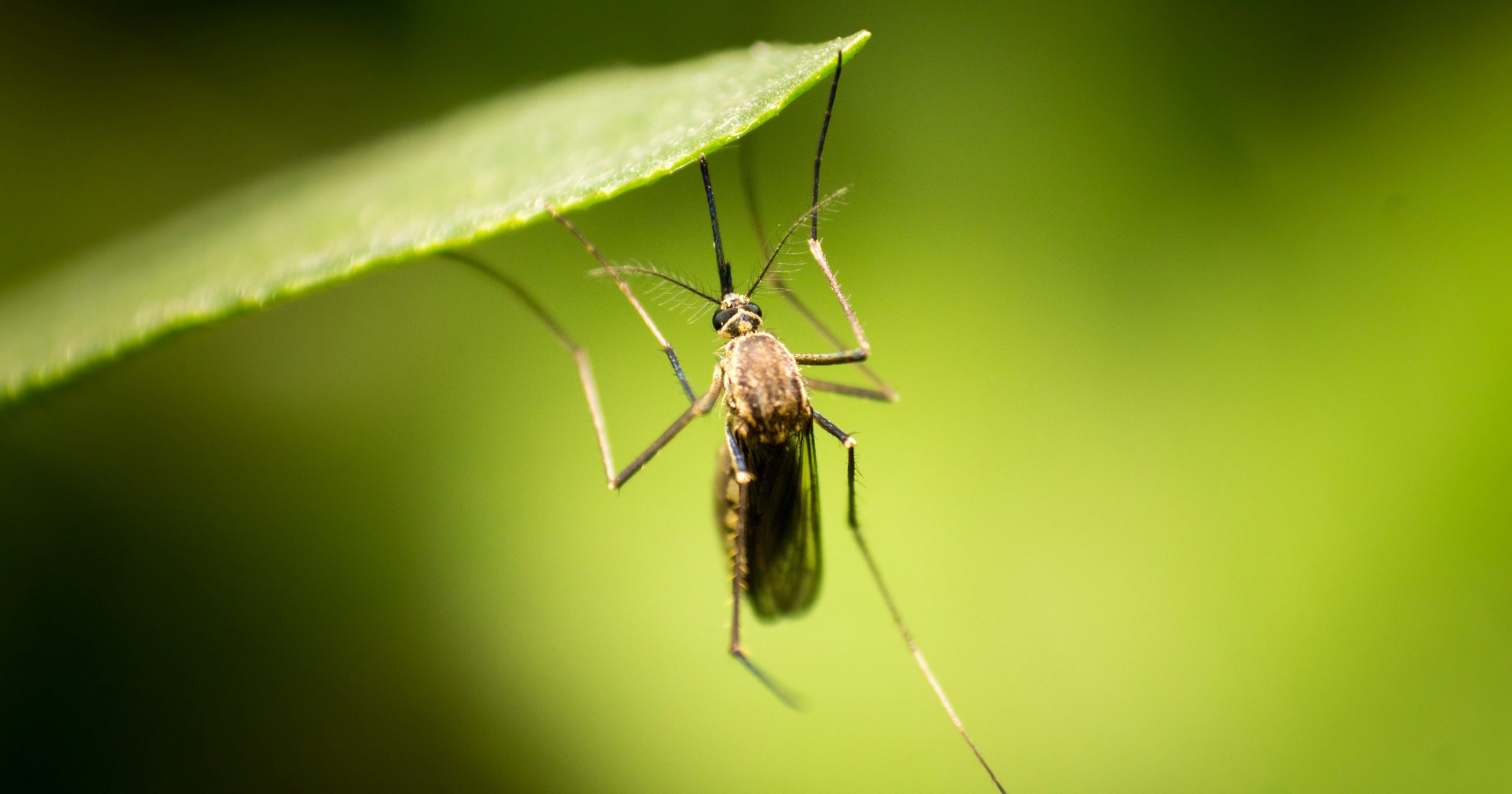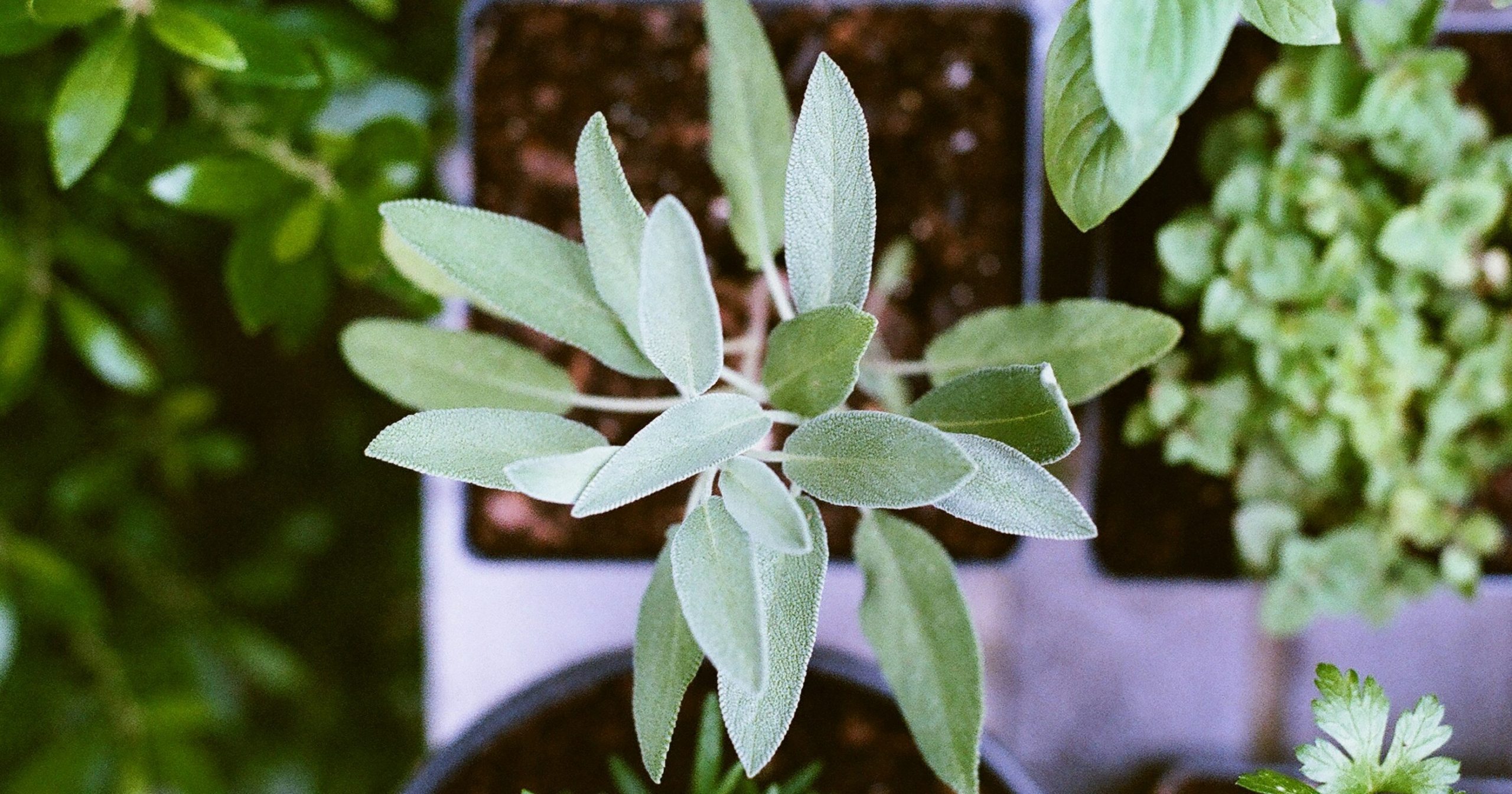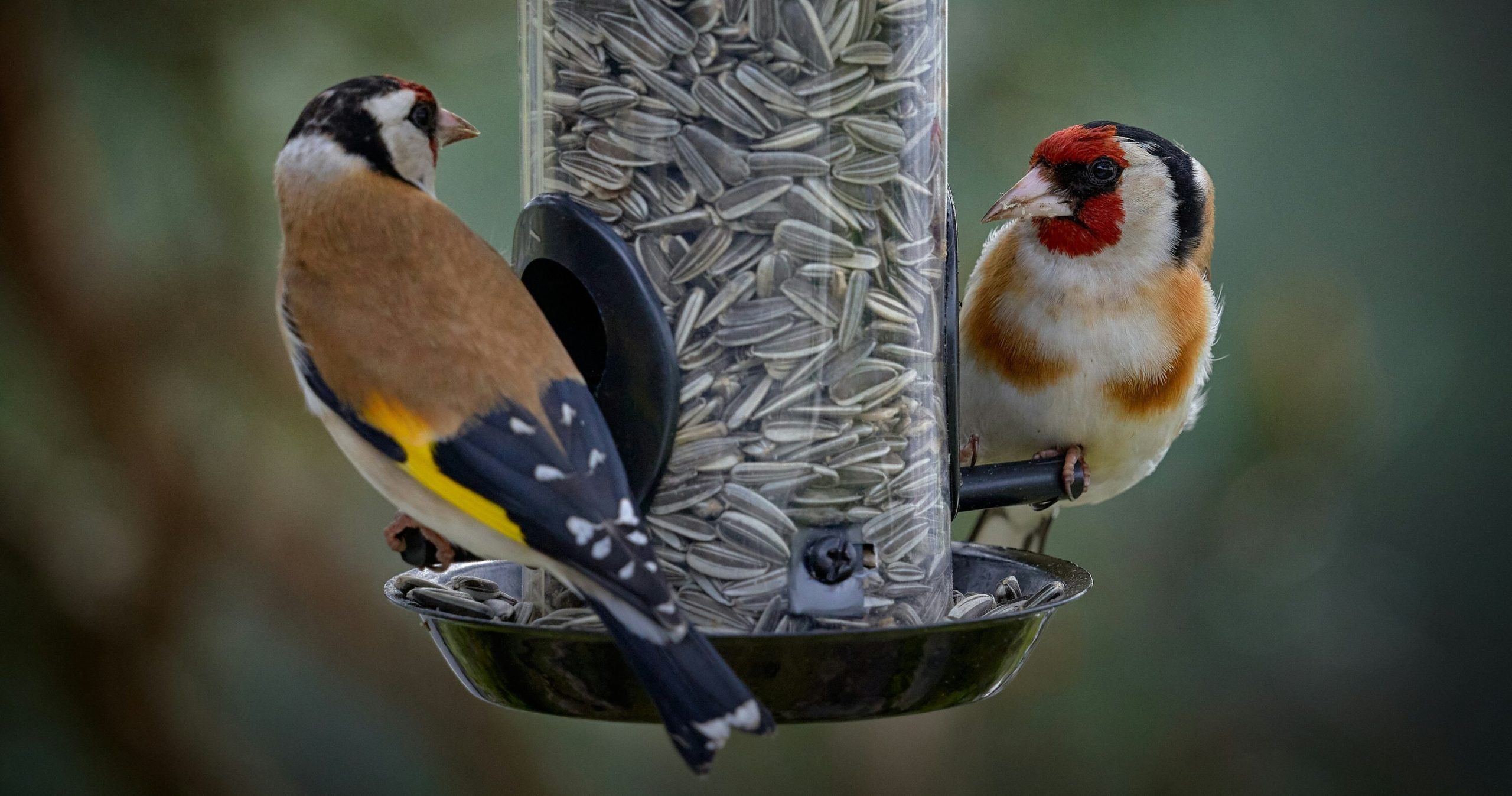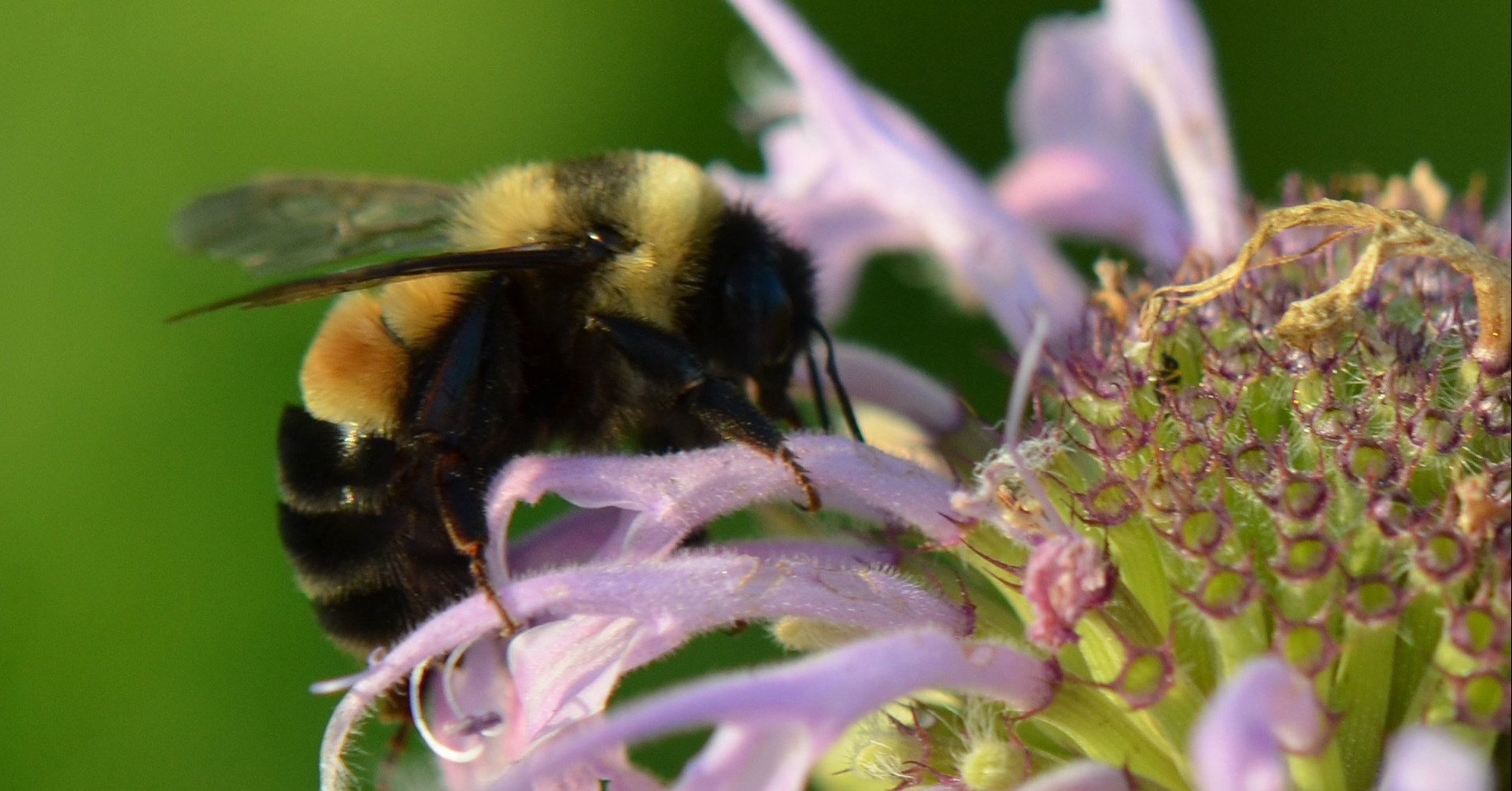Tiger lilies, with their vibrant orange petals and striking black spots, are a favorite among garden enthusiasts for their stunning beauty and resilience. To ensure these magnificent flowers thrive and reach their full potential, choosing the right fertilizer is crucial. With a plethora of options available, it can be overwhelming to determine the best fertilizer for tiger lilies.
In this article, we will delve into the specific nutritional needs of tiger lilies, explore the different types of fertilizers, and ultimately guide you towards selecting the most suitable fertilizer to enhance the growth, health, and blooming potential of your tiger lilies. Whether you are a seasoned gardener or a beginner, this comprehensive guide will equip you with the knowledge and confidence to nourish your tiger lilies and create a breathtaking floral display in your garden.
Do Tiger Lilies need to be fertilized?
Tiger Lilies can benefit from fertilization for optimal growth. Fertilizing these plants can help provide essential nutrients that may be lacking in the soil, promoting healthier foliage and more abundant blooms. It is recommended to fertilize Tiger Lilies in early spring before they start actively growing. Use a balanced, slow-release fertilizer or a granular fertilizer specifically formulated for flowering plants. Follow the instructions on the fertilizer package for the correct application rate. Additionally, it is important to water the plants thoroughly after fertilizing to ensure the nutrients are absorbed by the roots.
The best fertilizer for Tiger Lilies
For growing Tiger Lilies, a balanced fertilizer with equal amounts of nitrogen (N), phosphorus (P), and potassium (K) is recommended. Look for a fertilizer with an NPK ratio of 10-10-10 or 20-20-20. This will provide the necessary nutrients for healthy growth and blooming.
Additionally, Tiger Lilies prefer slightly acidic soil, so you can consider using a fertilizer that is specifically formulated for acid-loving plants. These fertilizers usually contain additional elements like sulfur or iron to help lower the soil pH.
It’s important to follow the instructions on the fertilizer packaging for application rates and frequency. Generally, you can apply the fertilizer in early spring when new growth starts, and then again after the blooming period to promote bulb development for the following year. Be sure to water the plants well after applying the fertilizer to help it reach the root zone.
When to fertilize Tiger Lilies
The ideal time to fertilize Tiger Lilies is in early spring, just as new growth begins to emerge. This is typically around late March or early April, depending on your specific location and climate. Fertilizing at this time will provide the plants with the necessary nutrients to support healthy growth and vibrant blooms throughout the growing season.
Common issues with fertilizing Tiger Lilies
When fertilizing Tiger Lilies, several common issues or problems can arise. Here are a few:
- Over-fertilization: Tiger Lilies are relatively low-maintenance plants and do not require heavy fertilization. Over-fertilizing can lead to excessive leaf growth at the expense of flower production. It may also cause nutrient burn, resulting in yellowing or browning of leaves.
- Improper timing: Timing is crucial when fertilizing Tiger Lilies. Fertilizing too early in the season may encourage excessive vegetative growth, making the plants more susceptible to diseases and pests. On the other hand, fertilizing too late may not provide the necessary nutrients for optimal flower production.
- Incorrect fertilizer ratio: Tiger Lilies prefer a balanced fertilizer with equal or slightly higher amounts of nitrogen (N), phosphorus (P), and potassium (K). Using a fertilizer with an imbalanced ratio, such as high nitrogen content, can promote excessive foliage growth but hinder flower development.
- Poor soil preparation: Before fertilizing Tiger Lilies, it is essential to ensure the soil is well-prepared. Poor soil quality, such as compacted or poorly drained soil, can hinder nutrient uptake and affect the overall health and growth of the plants.
- Lack of organic matter: Tiger Lilies benefit from the addition of organic matter, such as compost or well-rotted manure, to the soil. This helps improve soil structure, water retention, and nutrient availability. Failing to incorporate organic matter can result in nutrient deficiencies and poor plant growth.
To avoid these issues, it is recommended to fertilize Tiger Lilies sparingly, using a balanced fertilizer specifically formulated for flowering plants. Follow the instructions on the fertilizer package, and consider conducting a soil test to determine any nutrient deficiencies or imbalances. Additionally, ensure proper soil preparation and incorporate organic matter to create an ideal growing environment for Tiger Lilies.













